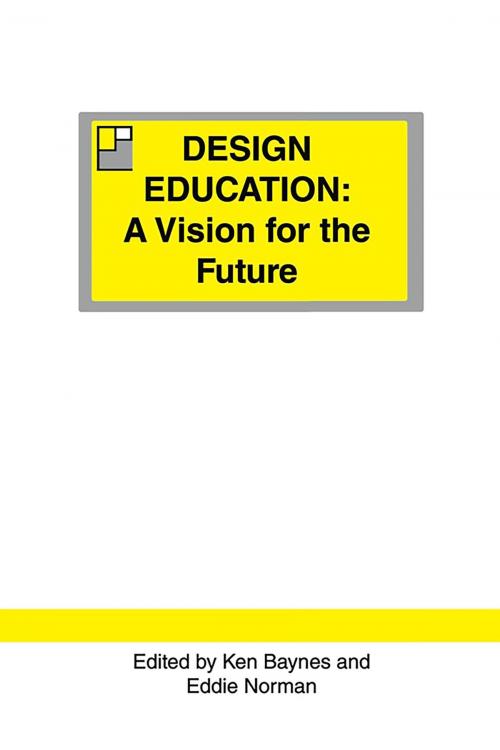Design Education
A vision for the future
Nonfiction, Reference & Language, Education & Teaching, Educational Theory, Curricula| Author: | Eddie Norman, Ken Baynes | ISBN: | 9781909671041 |
| Publisher: | Upfront | Publication: | April 4, 2018 |
| Imprint: | Upfront | Language: | English |
| Author: | Eddie Norman, Ken Baynes |
| ISBN: | 9781909671041 |
| Publisher: | Upfront |
| Publication: | April 4, 2018 |
| Imprint: | Upfront |
| Language: | English |
How do designers do what they do? How do architects, engineers, industrial, fashion and graphic designers think? What is it that goes on in their minds that enables them to shape the things that people buy, use and inhabit? And how far do they share their mental abilities with people at large? Is it true that everyone is a designer in their own way? In Models of Change, Ken Baynes draws on a lifetime’s research and experience to suggest answers to these questions. He uses the latest findings from neuroscience and evolutionary biology but also traces the story of designerly thinking back to the early days of homo sapiens sapiens and such momentous changes as the invention of cooking, the Enlightenment and the industrial revolution. Designerly thinking proceeds through the construction of causal models in the mind and understanding the implications of this process for design decision-making is crucial to the survival of our species.
How do designers do what they do? How do architects, engineers, industrial, fashion and graphic designers think? What is it that goes on in their minds that enables them to shape the things that people buy, use and inhabit? And how far do they share their mental abilities with people at large? Is it true that everyone is a designer in their own way? In Models of Change, Ken Baynes draws on a lifetime’s research and experience to suggest answers to these questions. He uses the latest findings from neuroscience and evolutionary biology but also traces the story of designerly thinking back to the early days of homo sapiens sapiens and such momentous changes as the invention of cooking, the Enlightenment and the industrial revolution. Designerly thinking proceeds through the construction of causal models in the mind and understanding the implications of this process for design decision-making is crucial to the survival of our species.















